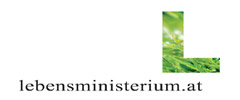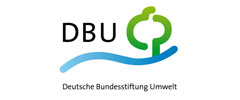Vision & Strategy
Gender Equality and Environmental Rights and Public Participation for All
WECF believes that the right to a healthy environment is the birthright of every person regardless of gender, race, colour, national origin, or income with respect to the development, implementation, and enforcement of environmental laws. In many instances, those groups in society that are least empowered are most likely to suffer from environmental pollution, e.g. the Roma communities living near (toxic) waste dumpsites.
WECF’s overall goal of “Achieving a healthy environment and sustainable development for all” can only be reached by integrating human rights and gender perspectives into all policies. If sustainable development and a healthy environment for all are the focus of our societies, short-term economic gains cannot have priority above the rights and health of people and the environment. Therefore, at the base of all sustainable development goal, stands a rights-based approach to achieving these goals.
WECF has two cross cutting areas:
1. Public Participation and Environmental Rights
WECF promotes human rights and public participation related to environmental issues by building capacity on environmental rights instruments, such as the Aarhus Convention, and on other international legal mechanisms, such as human rights instruments. Furthermore, WECF protects human rights and public participation by taking policy action in support of member organisations which are under threat for their work to protect health and environment in their regions.
2. Women’s Equal Participation in Sustainable Development
WECF trains and raises awareness with women and men on the social, economic and environmental benefits of the full participation of women in decision making, implementation and monitoring, and provides support for women’s organisations to implement actions for the improvement of environment and health.
Goals:
- Encourage women and environmental organisations to promote environmental and human rights as well as gender equality as a manifestation of social justice and a prerequisite for sustainable development.
- Contribute to a more equitable, democratic society, and good governance through strengthened capacity and cooperation of relevant stakeholders in developing and implementing sustainable rural development policies and strategies using a participatory process, always with a rights-based approach as the basis.


































